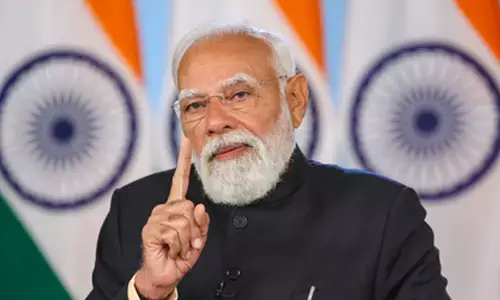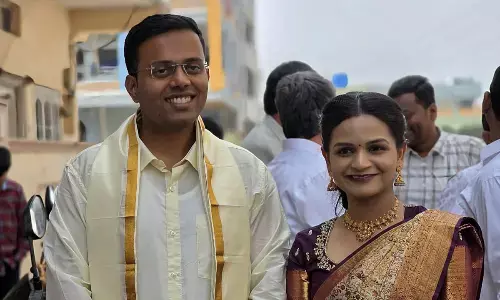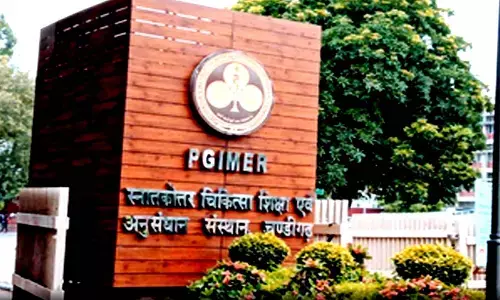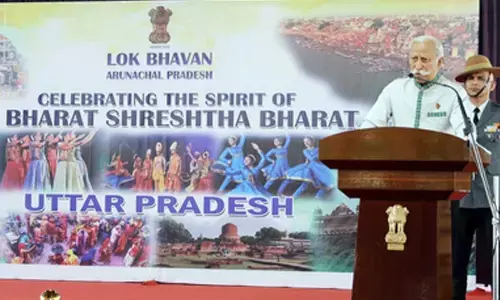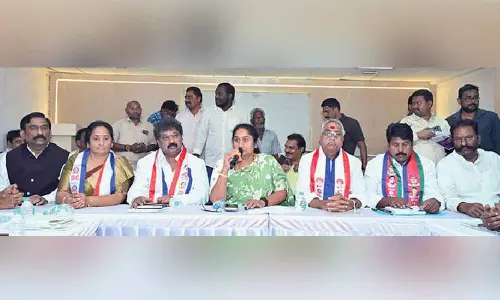Swap transplants get a lease of life

Swap transplants get a lease of life
Kerala High Court recently ruled in Moideenkutty v. District Level Authorisation Committee for Transplantation of Human Organs case that "swap transplants" would be permissible even if donor and recipient are not near-relatives, provided the organ donor has a special reason.
Kerala High Court recently ruled in Moideenkutty v. District Level Authorisation Committee for Transplantation of Human Organs case that "swap transplants" would be permissible even if donor and recipient are not near-relatives, provided the organ donor has a special reason. Swap transplant is an exchange of organs between two families, who cannot donate the organ to their own family member because of blood group mismatch.
It is a very significant judgment that could give a new lease of life to those at whom death is staring due to crippled organs. The legislation called the Transplantation of Human Organ Act (THO) was passed in India in 1994 to streamline organ donation and transplantation activities. Broadly, the act accepted brain death as a form of death and made the sale of organs a punishable offence. With the acceptance of brain death, it became possible to not only undertake kidney transplants but also start other solid organ transplants like liver, heart, lungs, and pancreas.
Despite the THO legislation, organ commerce and kidney scandals are regularly reported in the Indian media. In most instances, the implementation of the law has been flawed and more often than once its provisions have been abused. Parallel to the living related and unrelated donation programme, the deceased donation programme has slowly evolved in a few States. In approximately one-third of all liver transplants, the organs have come from the deceased donor programme as have all the hearts and pancreas transplants. In these States, a few hospitals along with committed NGOs have kept the momentum of the deceased donor programme.
The MOHAN Foundation, an NGO based in Tamil Nadu and Andhra Pradesh, has facilitated 400 of the 1,300 deceased organ transplants performed in the country over the last 14 years. To overcome organ shortage, developed countries are re-looking at the ethics of unrelated programmes and there seems to be a move towards making this an acceptable legal alternative. The supply of deceased donors in these countries has peaked and there has been no further increase over the last few years.
India is currently having a deceased donation rate of 0.05 to 0.08 per million population. "In a case where a citizen's life can be protected and preserved only by transplant of human organ or tissue, the citizen has a fundamental right under Article 21 of the Constitution to undergo organ transplantation, which right is subject only to the procedure established by law. Any law prescribing procedure for organ transplantation should therefore satisfy the test of reasonableness," the High Court Judgment said. The Court focused primarily on Section 9 of the Act. While Section 9(3) permits organ transplants between persons who are not near relatives, Section 9(3A) prohibits swap transplantation between not-near relatives. This, the court opined, is illogical and therefore, the provision must be read down to give full effect to Section 9(3).
The high demand of organs has led to its commodification, more so in countries where there is a large proportion of the population below the poverty line with weak regulatory authorities. The resulting transplant tourism has caused an outcry from many international bodies. In India, the potential for deceased donation is huge due to the high number of fatal road traffic accidents and this pool is yet to be tapped.








